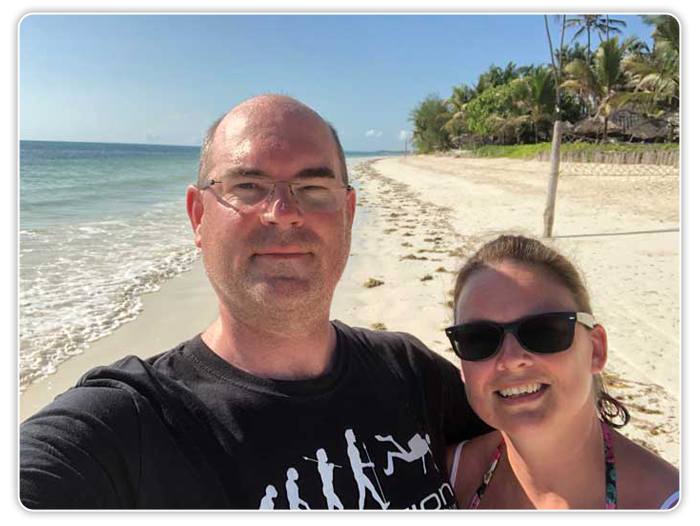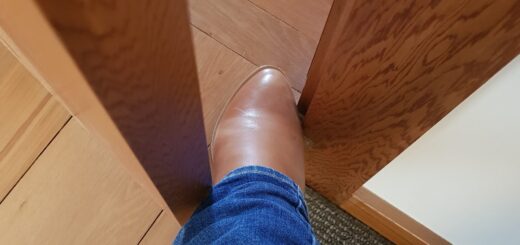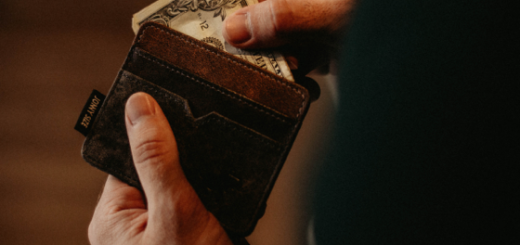14 Tips for Succeeding as an Independent App Developer
Building apps has never been easier.
You can now use any one of a number of services to crank out your app – sometimes in just minutes.
And you can sell these apps to local businesses to help them bring in new customers, retain their current customers and increase sales.
You can even create apps for the general public.
People love to hear fairytale stores of successful app developers striking it rich. In these stories, the developer struggles, overcomes adversity and then create the perfect app, raking in millions.
But those stories are the exception, not the rule. Generally, successful mobile developers make their living releasing new apps on a very regular basis, improving their apps, trying new ideas, failing as often as they succeed, and challenging themselves to do better each time.
Take Stuart Hall, for example. Stuart has had several very successful apps, but one of his most interesting actually started out as a simple marketing experiment:
“I wanted to build an app in one night, not tell a single person about it and run some experiments on it to see if I could get it to some level of success.”
Hall invested 6 hours into building an app that was based on a short, popular workout program called the 7 Minute Workout. It was pretty basic, with 12 exercises and descriptions, and a timer that used voice prompt to guide users through the exercises.
After launching the app, he experimented with free downloads, promotion strategies and new features – things you would typically tweak when you release a new app.
But sales stayed flat for weeks. He tried press releases, promo codes and integrating with Health Kit, a new Apple service for users who wanted to share health and fitness data with other uses.
At the last minute, Apple pulled Health Kit because of a bug. Nothing seemed to be going right.
Yet in the end, Hall’s app eventually caught fire when he offered it for free. Sales exploded and reviews exploded. Based on user feedback, he created a pro version of the app that sold for $1.99.
Over time the app earned him $72,000 in profit before being acquired by a company called Wahoo Fitness.
Moral of the story – even if you think your app is a loser, if you believe in it, then don’t give up hope. Keep tweaking and promoting and you can find success.
Another example: The Hours app was created by Jeremy Olson. Hours is a time-tracking app for small businesses and freelancers who bill by the hour.
Olson and his team shelved Hours numerous times, thinking it would never be built to the standards they had set.
But after several years and several attempts, they were finally ready to launch.
Olson was an independent developer, but by focusing on marketing the app by writing blog posts, announcements and reaching out to the press, Hours eventually become the number one grossing business app in the Apple app store.
Moral of the story – you can be an independent app developer and still succeed in a big way.
Last example: iFart is a whoopie cushion app that makes a variety of fart sounds. Sounds ridiculous, right? Who buys such a thing?
Apparently, plenty of people do. iFart costs $1.99 to download from the Apple app store, brings in as much as $10,000 every single day.
Moral of the story – your crazy idea might not be so crazy after all.
While you may not have considered yourself capable of creating a best selling app, the fact is that anyone with the right idea and enough perseverance and marketing skill has the potential to pull in very good money developing and selling apps.
We won’t talk about the technical aspect of app building in this article – look for the resource in this issue on app programs that do most of the work for you, for that.
Instead, let’s talk about…
14 Things You Need to Know to Succeed as an Independent App Developer
1. Don’t Get Bogged Down
It’s better to launch several apps in a year, then it is to devote an entire year to one app. Give yourself enough time to test different ideas, create your app, do the marketing, and move on to the next one.
Ideally you are already creating your second app while you’re marketing your first app.
If just one of these apps is successful, you can make a very good income. But if you bank everything on a single app and it flops, you’ve lost an entire year.
2. The Icon Matters – A Lot
Just as people judge a book by its cover, people will also judge your app by its icon.
3. The Name Matters, Too
You want a good name that people remember. Spend a little time looking at the names of the top 100 apps, and you’ll get a feel for what works.
4. Study the Bad Apps
While you certainly want to study the successful apps and see what makes them work, you also want to look at the bad ones and see what went wrong.
Learning from the mistakes others have made will save you a great deal of time and frustration, as well as giving you key insights on how to build your own app.
5. Have a Passion
While not required, it’s truly helpful if you are passionate about the problem your app is solving. You’ll put more energy into it, and your conviction will show.
6. Think of Yourself as User #1
Treat yourself as the most important user of the app. This will drive you to create something powerful that people just like you will love.
7. Play Devil’s Advocate
Spend an entire day finding out why your app idea is a BAD idea.
By not falling blindly in love with your idea, you’ll be able to do the market research to find out if your idea really is bad. Better to know up front, before you put in the work.
If you can’t play devil’s advocate, find someone who can. This step is crucial to knowing you are on the right track.
8. User Friendly, Please
Your goal is for brand new users to be able to figure out how your app works in just seconds. If they can’t, then your app isn’t ready, yet.
9. Keep Trying
You might have to revisit your app to update it, or fix a problem, or respond to user feedback.
Or you might have to keep creating new apps until you get it right.
Either way, persistence rules the day.
10. You’ve Got Plenty of Time
New app developers always seem to worry that they are ‘too late’ to get in on the app market.
That’s like wondering if it’s too late to build websites – there will always be a need for them.
And with apps, the needs keep changing, which is good news for you.
11. Solve a Problem
If you focus on solving a problem or making someone’s day easier, you’ve got a good chance of success.
Second best – create something entertaining.
12. Focus on ONE Thing
Your app should do one thing really, really well. That one thing should be meaningful to a lot of people.
But don’t make the mistake of trying to be all things to all people – that’s not how apps work.
13. Know Where Your Users Are
Before you build your app, make sure that you can find your potential users when the time comes.
It’s no good to build a great app and then be unable to get it in front of the right people.
14. The Way to Start
…is, like anything else, to simply to start.
You’ll make mistakes, but it’s all part of the process.
The sooner you get the mistakes out of the way, the sooner you can be in profit.
If you don’t have an app idea yet, just keep an eye open as you go through your day. Ask people what they wish they could do with their cell phone. See what people complain about. Find a need or desire that is common with a lot of people, and you’ve likely got a winner.

You Could Be Just One Simple Letter Away From The End Of All Your Financial Worries...
... And If You Enter Your Mailing Address Below I Can Show You Exactly How To Write It!
Privacy Policy: We value your privacy. You can unsubscribe from receiving future emails with 1 click at any time.























